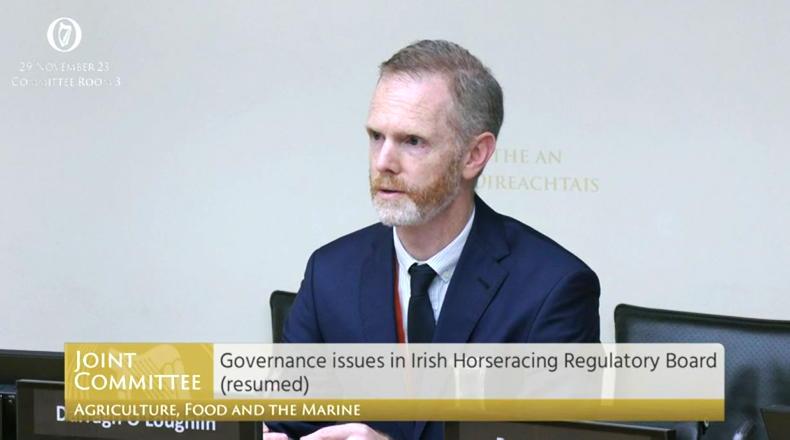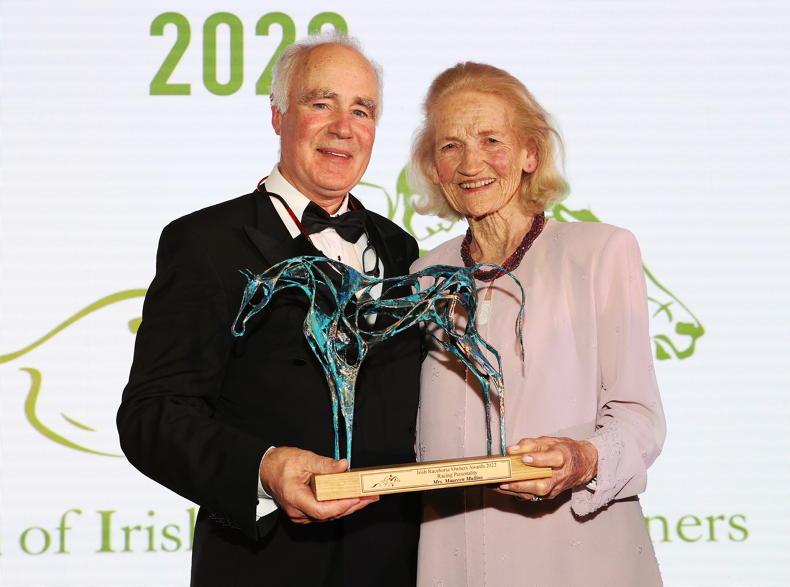WHEN is good news bad news, and vice versa?
It most certainly is when it concerns the three-year suspension of a training licence, and a hefty fine.
I am aware that Luke Comer’s punishment by the Irish Horseracing Regulatory Board is open to appeal. However, the outcome of a long drawn-out, meticulously-investigated process, at enormous financial cost on both sides, likely to be in millions of euros, is pretty damning, and it comes at a time when our sport is fighting opposition on all sides.
While we understand that cases such as this are rare, they are the stories that make it on to the national airways and on the front pages of the national, and international, dailies. There is no evidence that the doping was deliberate, but there is also no explanation for how it happened, in spite of Comer’s team at the enquiry consisting of experts from around the world.
The damage done by this shocking news is seismic, and the circumstances are puzzling. In the past fortnight the trainer has had 18 runners, one of which was placed. In his own name he has had three group winners since 2001, while his wins to runs strike rate on the flat in Ireland since 1991 has ranged from zero to a high of 8%. All of this leaves more questions unanswered than answered, and does little to instil confidence in the sport among casuals.
What is a plus is that the authorities are vigilant, are carrying out their testing and surveillance routines diligently, and they are clearly keen to rid the sport of anyone found to have cheated. There are perceptions of inequity in terms of some punishments, as there are on a daily basis in courts of law, but the key message has to be that wrongdoers will be rooted out.
Furthermore, this is happening at a time when impending gambling legislation threatens to have a serious impact on our racing product. The Comer case and the proposed legislative changes are separate issues in reality, but not in terms of public perception.
There is a need for regulation when it comes to gambling, but it must be to protect the minority and not to disaffect the majority, many of whom depend on the sport of racing for their livelihood. We are well acquainted with the term ‘unintended consequence’, but that is what we are facing in this instance, and we need to work with Minister of State, James Browne, to convince him that there is a real possibility of unimaginable damage ensuing from the current proposal.


 This is a subscriber-only article
This is a subscriber-only article
 It looks like you're browsing in private mode
It looks like you're browsing in private mode









SHARING OPTIONS: